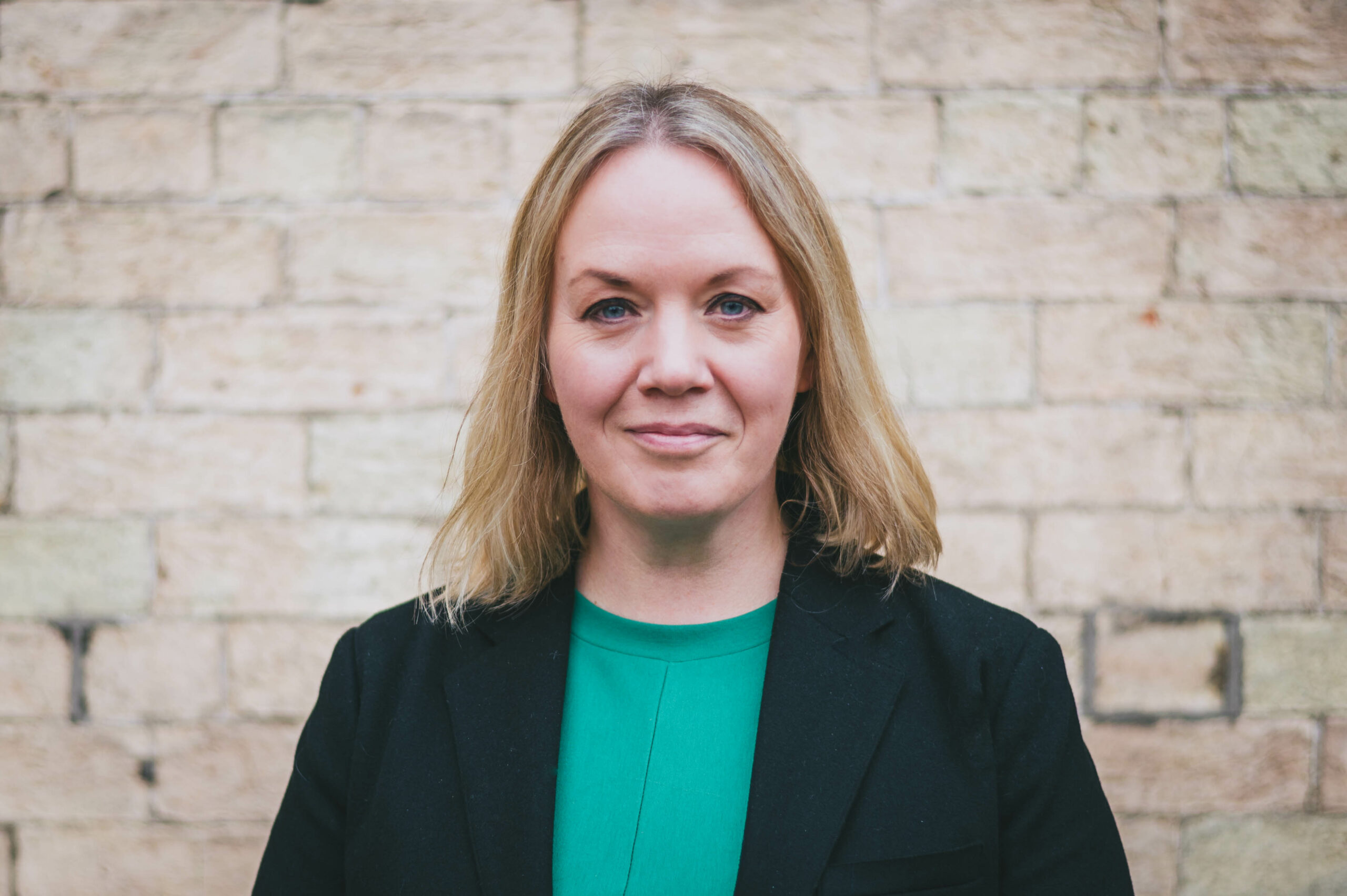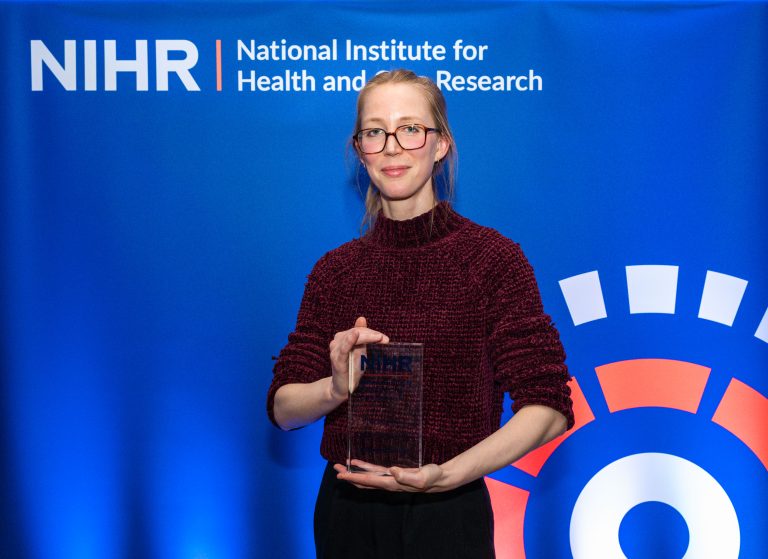Health Equity North reaction to Autumn Budget 2024

Chancellor of the Exchequer Rachel Reeves today (30 October 2024) delivered the Autumn Budget in the House of Commons. Among her announcements are plans to increase the NHS budget and triple funding for breakfast clubs.
Hannah Davies, Executive Director of Health Equity North, said:
“We welcome the increased funding for the NHS’s budgets, as well as the plans to repair hospital buildings and reduce waiting times. However, to effectively tackle the wider determinants of ill health – and alleviate pressure on the NHS – we must prioritise health across all government departments.
“At Health Equity North, we had hoped for a raft of policies aimed at addressing the deep-rooted health inequalities impacting communities across the North. Our research underscores that addressing the broader determinants of ill health is crucial for fostering a healthier and wealthier nation.
“It was disappointing to see no explicit mention of health inequalities in the budget. The focus was on the £240 million “Get Britain Working” white paper, which acknowledges that poor health is a key driver of economic inactivity. As referenced in our Health for Wealth report, improving labour market participation and job retention amongst people with a health condition in the North is key to closing the £4 gap in productivity per person per hour between the North and the rest of England, doing this could generate an additional £13.2 billion in UK GVA.
“While the increase in the minimum wage announced today will certainly benefit low-income families, as will the tripling of funding for breakfast clubs to £30 million in 2025-26, more needs to be done. We know that scrapping the two-child benefit cap would instantly bring 250,000 children out of poverty and could save £2.3bn in future societal costs, introducing universal free school meals and making the Holiday Activities and Food Programme scheme permanent would all ensure children are well-fed, ready to learn and can lead happy and healthy lives.
“We were heartened to see a pledge from the Chancellor to an uplift of £1bn for special educational needs and disabilities (SEND) services for children and £44m for kinship and foster care, both policy recommendations have been outlined in our previous reports.
“The Chancellor said in her budget that there will be no return to austerity, and while investment in the NHS, schools and a rise in the minimum wage are all positive, there are more direct policy levers that could tackle the entrenched health inequalities that affect families across our region.”






